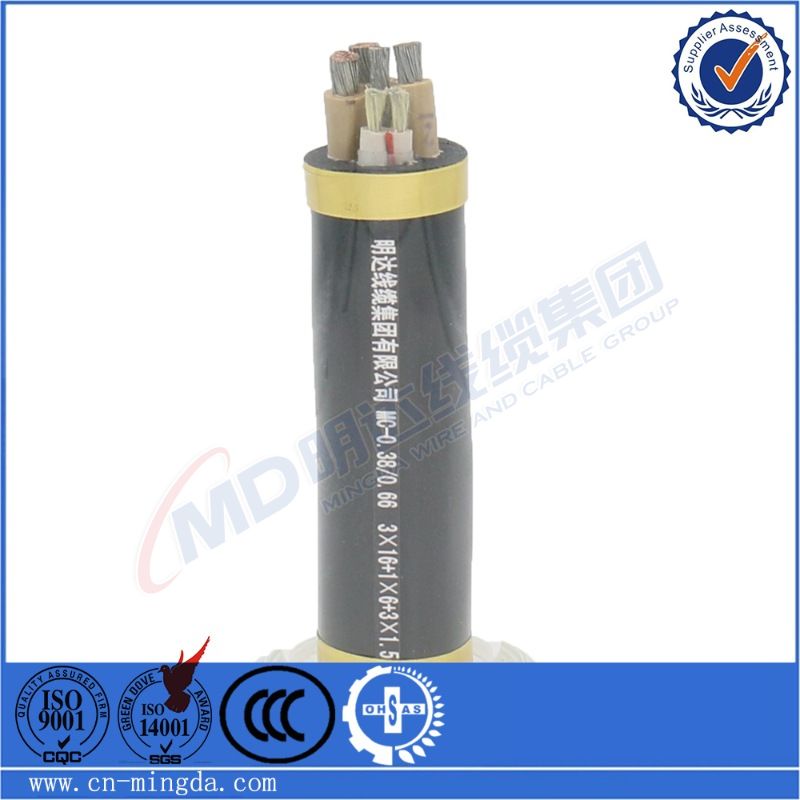Nov . 04, 2024 20:27 Back to list
casting ball valve
Understanding Casting Ball Valves Functionality and Applications
In the realm of fluid control and regulation, valves play a crucial role in various industries, ensuring that liquid or gas flow can be managed efficiently and safely. Among these, casting ball valves stand out as a popular choice due to their reliable performance and robust design. This article delves into the functionality, manufacturing process, advantages, and applications of casting ball valves.
What is a Casting Ball Valve?
A casting ball valve is a type of quarter-turn valve that uses a hollow, perforated, and pivoting ball to control the flow of fluids. When the ball's hole is aligned with the flow, the valve is open; when it is perpendicular, the valve is closed. This simple design offers a tight seal and allows for quick access to the flow, making it suitable for on-off applications.
Manufacturing Process
The manufacturing of casting ball valves involves several critical stages. Initially, materials such as brass, stainless steel, or carbon steel are selected based on the application requirements. These materials are melted and poured into molds to form the valve body, employing processes such as investment casting or sand casting.
1. Casting The molten metal is poured into molds that define the shape of the valve body. After it solidifies, the molds are removed. 2. Machining Once the casting is complete, the valve components undergo machining to achieve precise dimensions and finish. This step is critical for ensuring proper sealing and functionality.
3. Assembly The ball, seat rings, and stems are then assembled into the valve body. Each component is carefully tightened to prevent leaks.
4. Testing Before reaching the market, each casting ball valve undergoes rigorous testing, including pressure tests and leak tests, to ensure it meets industry standards.
Advantages of Casting Ball Valves
1. Durability Casting ball valves are known for their strength and resistance to wear and tear. Because they are often made from robust materials, they can withstand high pressure and extreme temperatures.
2. Low Maintenance The design of casting ball valves minimizes friction and wear on moving parts, resulting in less frequent maintenance and longer lifespan compared to gate or globe valves.
casting ball valve

3. Versatile Applications They can be used for various fluids, including water, oil, gas, and corrosive liquids, making them suitable for industries such as oil and gas, water treatment, and food processing.
4. Efficient Operation The quarter-turn operation allows for quick opening and closing, enabling rapid adjustments in flow control, which is crucial in many industrial processes.
Applications
Casting ball valves find applications across a wide range of sectors due to their adaptability and reliability
- Oil and Gas Industry These valves are essential for controlling the flow of crude oil and natural gas in pipelines and refineries, providing safety and efficiency in operations.
- Water Treatment Used in various stages of water treatment plants, casting ball valves help regulate the flow of water, ensuring proper treatment processes.
- Chemical Processing In the chemical industry, these valves are ideal for handling aggressive chemicals due to their corrosion-resistant materials.
- HVAC Systems In heating, ventilation, and air conditioning systems, casting ball valves are used to control the flow of water or refrigerants efficiently.
- Food and Beverage Industry Their design allows for easy cleaning and maintenance, making them suitable for processes involving food and beverage production.
Conclusion
Casting ball valves are integral components in many industrial applications due to their durability, low maintenance needs, and efficient performance. As industries continue to evolve, the demand for reliable fluid control solutions will only grow, underscoring the ongoing importance of casting ball valves in maintaining operational efficiency and safety. Whether in oil and gas extraction, water treatment, or chemical processing, these valves remain a trusted choice for professionals in the field. Their robust construction and versatility ensure that they will continue to play a vital role in fluid control systems.
Share
-
Reliable Wafer Type Butterfly Valves for Every IndustryNewsJul.25,2025
-
Reliable Flow Control Begins with the Right Ball Check ValveNewsJul.25,2025
-
Precision Flow Control Starts with Quality ValvesNewsJul.25,2025
-
Industrial Flow Control ReliabilityNewsJul.25,2025
-
Engineered for Efficiency Gate Valves That Power Industrial PerformanceNewsJul.25,2025
-
Empowering Infrastructure Through Quality ManufacturingNewsJul.25,2025